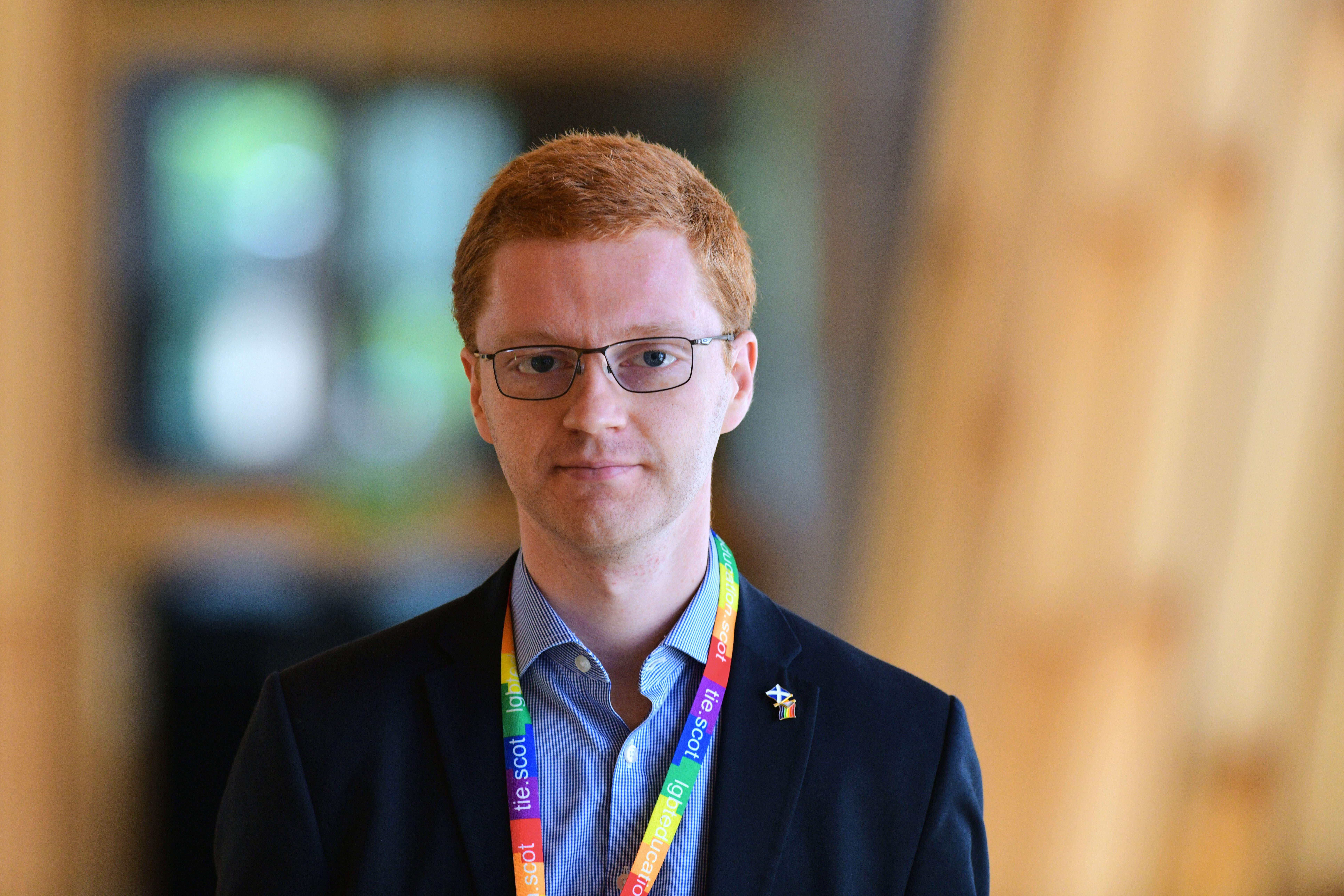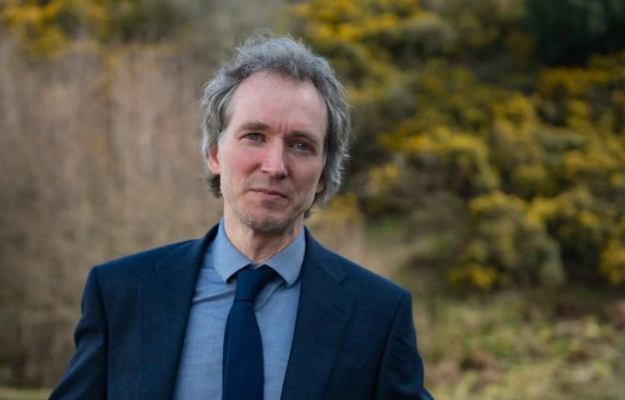Greens at the races: Who are the co-leadership wannabes and what are their chances?
Four people are vying for the two spots at the head of the Scottish Green Party.
Current co-leader Lorna Slater is seeking re-election. The MSP recently topped the list for the new Edinburgh and Lothians East region and is likely to stand in a constituency as well.
She’s been in the role since 2019, predating her time in parliament (she was elected in 2021), and has spent time in government as green skills, circular economy and biodiversity minister under the Bute House Agreement.
Those two and a half years did not come without controversy though, with Slater largely blamed for the failure to establish the deposit return scheme, the controversial plans for highly protected marine areas, and not listening to local communities about (the now-junked) new national park designation.
While Slater remains popular enough within the party to secure the top spot on the 2026 list, some members feel she underperformed as co-leader and, after six years, it is time for a clean slate (helped by the fact her fellow co-leader Patrick Harvie is stepping down). Holyrood understands that the recent ballot for regional list placement also saw her win a smaller share of support than other MSPs who topped their lists. But she will also benefit from incumbency bias, potentially giving her a slight leg up on her contenders.
Slater’s two top challengers are fellow MSPs Ross Greer and Gillian Mackay. Both have made a name for themselves within and outwith the party since their elections in 2016 and 2021 respectively, having made some significant achievements.
 Credit: Alamy
Credit: Alamy
Greer was the youngest ever MSP to be elected at the age of 21, nine years ago. He was integral to negotiating the Bute House Agreement that got the Greens into government, a UK first, and continued to work on the political strategy throughout this time. He is seen as a smooth political operator and has a strong relationship with First Minister John Swinney.
However, his more pragmatic approach to politics has put him at odds with some in the party who believe the Greens have given up some of their ideals in exchange for power. While Greer clearly sees this as necessary in order to secure some wins – such as free bus travel for under 21s – others have painted this position as selling out.
Still, this appears not to be a widespread view as Greer won a majority of votes from members in the West of Scotland. That saw him easily returned as the lead candidate for the region next year and, barring any major earthquakes, he will be returned for a third term next year.
Mackay become the Greens first ever parliamentarian for Central Scotland at the last election. As business manager, she also played a vital role in the BHA’s operation – mostly using her good people skills to smooth any ruffled feathers between the parties when things did not go to plan. She has also managed to stay above some of the internal disagreements about the Greens’ time in government.
Her profile was boosted significantly by the passage of her Abortion Services (Safe Access Zones) (Scotland) Bill, a member’s bill which introduced buffer zones around healthcare settings which provide abortions. This law drew the ire of the vice president of the US, but that will help to bolster her reputation within the Greens membership.
Like Greer, she also topped the list for her region to make her the lead candidate for the 2026 election with a majority of votes (though admittedly she did face less competition than Greer, Slater and even Harvie).

The final person to have thrown his hat into the ring is party activist Dominic Ashmole. A former healthcare technology project manager, he has said he is standing to push for “emergency action” to better prepare Scotland for the impact of climate change.
His chances can be fairly described as ‘outsider’ since he currently holds no elected office, placed only third on the South of Scotland list for next year, and does not enjoy the same high profile as others. However, he argues that being outside of Holyrood will allow him the time to work with Green councillors, civic Scotland and the public – a view that may be tempting for some members who believe their MSPs have become distant from the grassroots.
This subgroup of members will have been disappointed when Glasgow councillor Anthony Carroll ruled himself from running last week. Carroll himself had said, and others had echoed, that there needed to be greater representation of local government in the party’s higher ranks.
Carroll hit out at the “toxic” culture within the party when announcing he wouldn’t stand and has called for a “cultural review” once the race is over. But other insiders believe the decision had more to do with a slate of candidates in Glasgow not managing to topple Harvie from his lead position in the regional list (though Ellie Gomersall, one of the three women on the slate, did secure second place – a winnable seat).
Still, don’t expect reports of internal battles to end here. After all, the party holds co-leadership elections every two years and so 2027 could see a challenge being mounted – particularly if either Gomersall is successful in her bid to become an MSP or if the party underperforms expectations next year.
But for this year’s contest, the campaigning period started on Monday, and all contenders will be invited to take part in a hustings event sometime next week. Ballots will open on Wednesday 13 August and run until Friday 22 August.
There had been rumours that Greer and Mackay may run on a joint slate, but the pair have decided against this. That means nearly any combination of the four contenders could lead the party into next year’s election, barring the duo of Greer and Ashmole – party rules to promote gender balance mean at least one of the co-leaders must be a woman.
The result will be announced on Friday 29 August, just in time for Holyrood’s return from summer recess the following week.
Holyrood Newsletters
Holyrood provides comprehensive coverage of Scottish politics, offering award-winning reporting and analysis: Subscribe